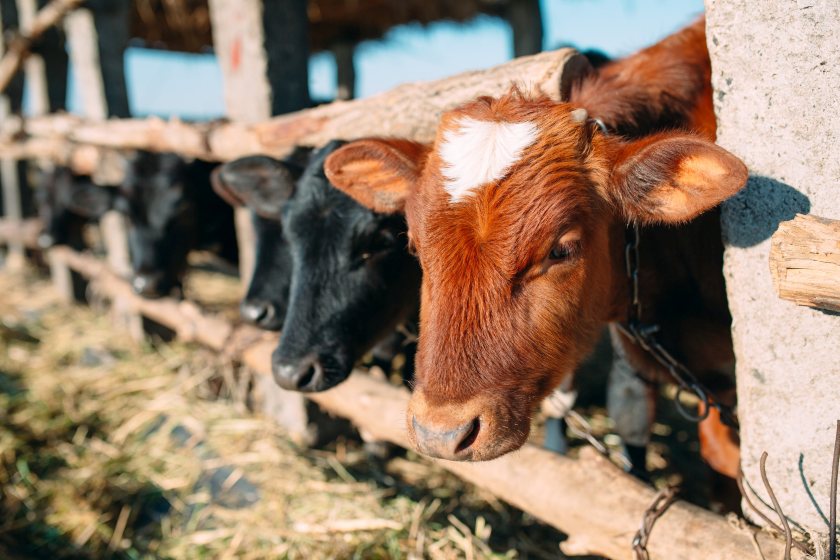Defra bans Hungary and Slovakia imports after foot-and-mouth case

The government has announced an import ban of livestock from Hungary and Slovakia following a confirmed case of foot-and-mouth disease.
The disease was confirmed on Friday (7 March) on a cattle farm in north west Hungary, near the border with Slovakia, the country's first case in 50 years.
It comes just two months after foot-and-mouth was detected in a small herd of water buffalo near Berlin, Germany, which also has a UK import ban.
The UK government said farmers and livestock keepers must be "absolutely rigorous" about their biosecurity.
Hungary’s National Food Chain Safety Authority said a farm with 1,400 cattle showed classic symptoms of foot-and-mouth disease at the beginning of March.
The presence of the pathogen was subsequently confirmed in a laboratory.
The UK imports a variety of pork products from Hungary, with HMRC figures showing that over 1,800 tonnes of fresh and frozen pork arrived last year, up 44% on 2023.
Following confirmation, the government said it had now "stepped up measures" to prevent the spread of foot-and-mouth in the UK.
Commercial imports from Hungary and Slovakia of cattle, pigs, sheep, goats and other non domestic ruminants and porcines such as deer and their untreated products, such as fresh meat and dairy, are banned.
In addition, travellers will no longer be able to bring meat and dairy products from Hungary and Slovakia into the UK.
The UK's chief veterinary officer has urged livestock keepers to remain vigilant to the clinical signs of FMD, as there are no cases in the UK currently.
Dr Christine Middlemiss said: “We remain in contact with our Hungarian counterparts to understand the latest situation - measures are now being taken to contain and eradicate the outbreak.
“I would urge livestock keepers to exercise the upmost vigilance for signs of disease, follow scrupulous biosecurity and report any suspicion of disease immediately to the Animal and Plant Health Agency.
FMD poses no risk to human or food safety, but is a highly contagious viral disease of cattle, sheep, pigs and other cloven-hoofed animals such as deer, llamas and alpacas. Rodents can also be affected.
The disease causes significant economic losses due to production losses in the affected animals as well as loss of access to foreign markets for animals, meat and milk for affected countries.
The 2001 foot-and-mouth outbreak saw around 2,000 cases of the disease in farms across the UK.
Farming Minister Daniel Zeichner said the government would "do whatever it takes" to protect farmers from the risk posed by the disease.
He said: “That is why restrictions have immediately been brought in on animal products from Hungary and Slovakia to prevent an outbreak.
"We will not hesitate to add additional countries to the list if the disease spreads."
Clinical signs to be aware of vary, but in cattle the main signs are sores and blisters on the feet, mouth and tongue with potentially a fever, lameness and a reluctance to feed.
In sheep and pigs, signs tend to manifest with lameness, with potential for blistering.??
Any suspicion of FMD in animals must be reported immediately by calling the Government Helpline, and failure to do so is an offence.
The number to report a suspected case is 03000 200 301 in England and 0300 303 826 in Wales.
Farmers and livestock keepers in Scotland should contact their local Field Services Office to report suspicion of disease.








